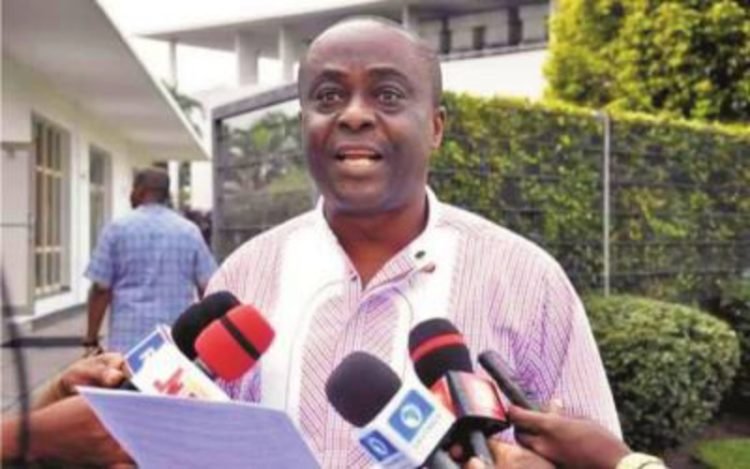ABUJA – Nigeria’s total public debt rose sharply to ₦144.665 trillion by December 2024, marking a 48.58% increase from ₦97.34 trillion in 2023, the Debt Management Office (DMO) disclosed in its latest report.
The surge was driven by fresh borrowings and the depreciation of the naira, which significantly inflated the value of foreign-denominated loans.
The report highlighted a widening gap in subnational debt profiles, with Lagos State retaining its position as the most indebted at over ₦900 billion, followed by Rivers (₦364 billion) and Ogun (₦211 billion). Jigawa State recorded the lowest debt at ₦1.33 billion.
Nigeria’s external debt portfolio grew by 83.89% to ₦70.29 trillion, while domestic debt climbed 25.77% to ₦74.38 trillion. However, domestic debt held by states and the Federal Capital Territory declined by 32.27% to ₦3.97 trillion. In contrast, the federal government’s domestic debt rose 32.19% to ₦70.4 trillion.
Debt servicing obligations reached ₦5.97 trillion in 2024, with interest payments on federal government bonds alone accounting for ₦4.69 trillion.
















